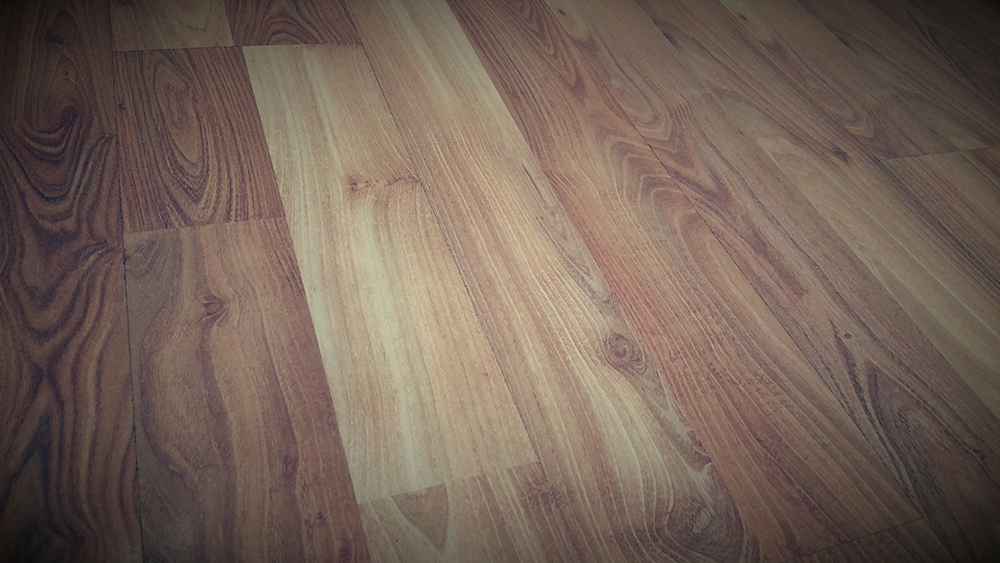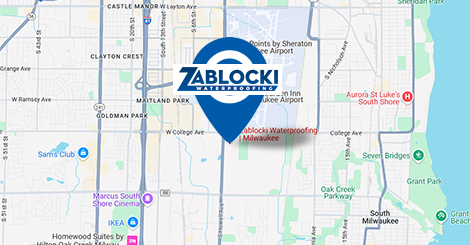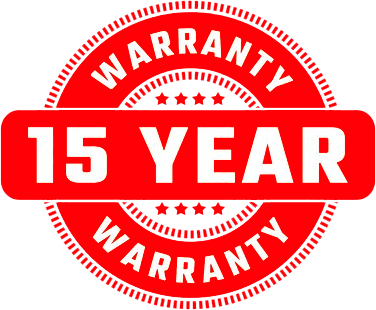When planning to finish a basement, one important item to consider is the type of flooring you will choose. This decision should not be taken lightly, as different basement flooring options provide different levels of aesthetic and functional value. For example, some flooring solutions provided the added benefit of air ventilation and insulation, ideal for finished basements that will function as a general living space.
No matter the type of flooring you choose, there are some issues to consider: is your concrete basement floor uneven in areas? Are there cracks large enough for a coin to fit in? Does your basement floor become wet after a rainstorm or significant snow melt? These are all issues that should be addressed prior to laying down your new basement floor.
Once these preliminary items are addressed, it is time to choose a basement floor style that best suits your needs. If you are looking to upgrade your basement floor, continue reading to learn more about some of the most popular types of basement flooring.
Paint
Painting your basement floor is the most cost-effective option, and one of the most DIY-friendly. When shopping for a basement floor paint, make sure you choose a brand that is specifically formulated to be applied to concrete floors. Also, make sure to follow the application directions, as they may differ from traditional interior paints. Finally, keep in mind that while paint is DIY friendly and cheap, it lacks insulation properties, meaning your floor will be rather cold. A painted basement floor is perfect for a work area or workout space, but not optimal for a family gathering area.
Epoxy
Like paint flooring, epoxy is a cost-effective option that also doesn’t provide much in the way of insulation. However, this thicker material, applied in two coats, creates a more durable floor, and can feel more comfortable underfoot compared to painted flooring. In addition, many epoxy flooring products allow the user to apply sand or colored flakes for added texture and/or color.
Like paint, epoxy flooring can be a good DIY and cost effective flooring option. When applying epoxy flooring, make sure to follow the application instructions carefully and allow plenty of ventilation to avoid inhaling too many fumes.
Tile
Tile flooring may look expensive, but homeowners are sometimes surprised at how affordable this option can be depending on the material chosen. For tile flooring, it is essential that the concrete basement floor is in good condition prior to starting the tiling process. If you lack the tools or know-how to fix uneven sections or cracks in the concrete yourself, hire a basement repair professional before starting the tiling process. For added insulation, a subfloor can be laid down first before laying down the tile you have chosen.
Rubber tile or sheeting
Rubber tile flooring is an ideal material for workout areas or laundry rooms because it is durable, water resistant, and easy to clean compared to other flooring options. Rubber tile also offers versatility, as it can either be installed directly on a concrete floor or over a subfloor if added insulation is desired. Keep in mind that some rubber flooring products may emit a particular odor upon installation, but this tends to dissipate in a relatively short amount of time.
Vinyl planks or sheeting
Vinyl flooring is a great basement floor solution for many reasons. It is cost effective, easy to DIY as it often comes in interlocking panels, and can be installed either directly over bare concrete or on top of a subfloor. Plus, repairing vinyl plank flooring is easy because the individual planks can be removed and replaced. Vinyl flooring comes in a large variety of colors, textures, and patterns to fit the design motif of just about any basement design plan.
If you’re thinking about finishing your basement, you likely have some issues to address before you can start painting and decorating. At Zablocki Waterproofing, we help homeowners in Milwaukee, Waukesha, Menomonee Falls, Brookfield, New Berlin, Franklin, and beyond with all their basement repair and basement waterproofing needs. If you’re looking to get started on your next big basement project, give Zablocki a call today.






